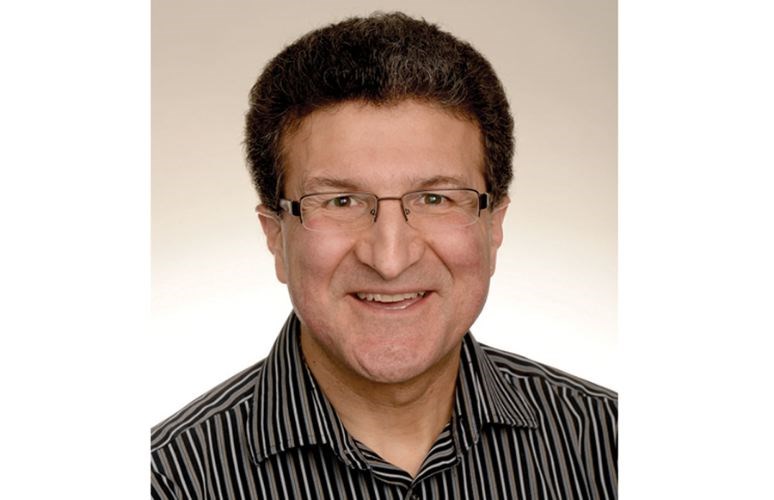One of the questions Tom Shadyac set out to answer in the documentary film I Am was "What is wrong with the world?" He spoke to leading experts and humanitarians, and he discovered that while there are many problems, there is much good in humanity.
Dacher Keltner at the University of California Berkeley, for example, studies the function of the vagus nerve, which is linked to many organs in the body. He points out that human beings have a compassionate response when we see the suffering of other human beings. If we see someone get injured, we all feel their pain to some degree. If we see a picture of another person suffering, we want to do something about it. It appears that we are indeed "hard wired" for compassion. Note the world's response when we saw the picture of a drowned Syrian refugee child, or the response to news reports of people fleeing wildfires in Fort McMurray, Alberta. We respond as we do because it is a part of how we are made.
Having compassion for others has served humanity well. Part of being an effective person, according to Stephen Covey, is thinking win-win in our interactions with others, seeking to truly understand by listening before we respond, and creating synergy with others.
Societies that have existed for thousands of years in harsh environments have all emphasized compassion, demonstrating care for the weakest members and for strangers. Tribal cultures normally have this engrained in their social values. When Europeans first arrived they would have all died without the guidance of native Canadians who taught them the foods they needed to survive. European and aboriginal peoples then cooperated for many years in western Canada in the fur trade, and both cultures benefited.
For several centuries, however, Western societies embraced competition over cooperation. We colonized the world and used our weapons to maintain control. We abused the environment and raped its resources. We fought devastating wars with each other and millions and millions of people died. A few of us became incredibly wealthy, but we did not become any happier.
In recent years we have begun to come to our senses, and we have rediscovered the power of compassion. It began with Gandhi in India. It can be argued that he defeated the most powerful empire in the world simply by invoking compassion. Many saw what he was doing and came to their senses saying, "Yes, he is right. What are we doing? Of course we are all sisters and brothers and want the best for each other. Of course this system needs to change. Of course I will join this movement."
We have also seen the end of racial segregation in the United States, the fall of apartheid in South Africa and the end of the residential school system in Canada. These structures could not endure because they violated a fundamental element of our humanity. We are hard wired for compassion.
Despots of the world can teach that "we have to get them before they get us" but this is a flawed philosophy and systems which embrace it will eventually collapse. We are made for compassion, and as more and more of us embrace this aspect of our humanity we move our world to a better future.



